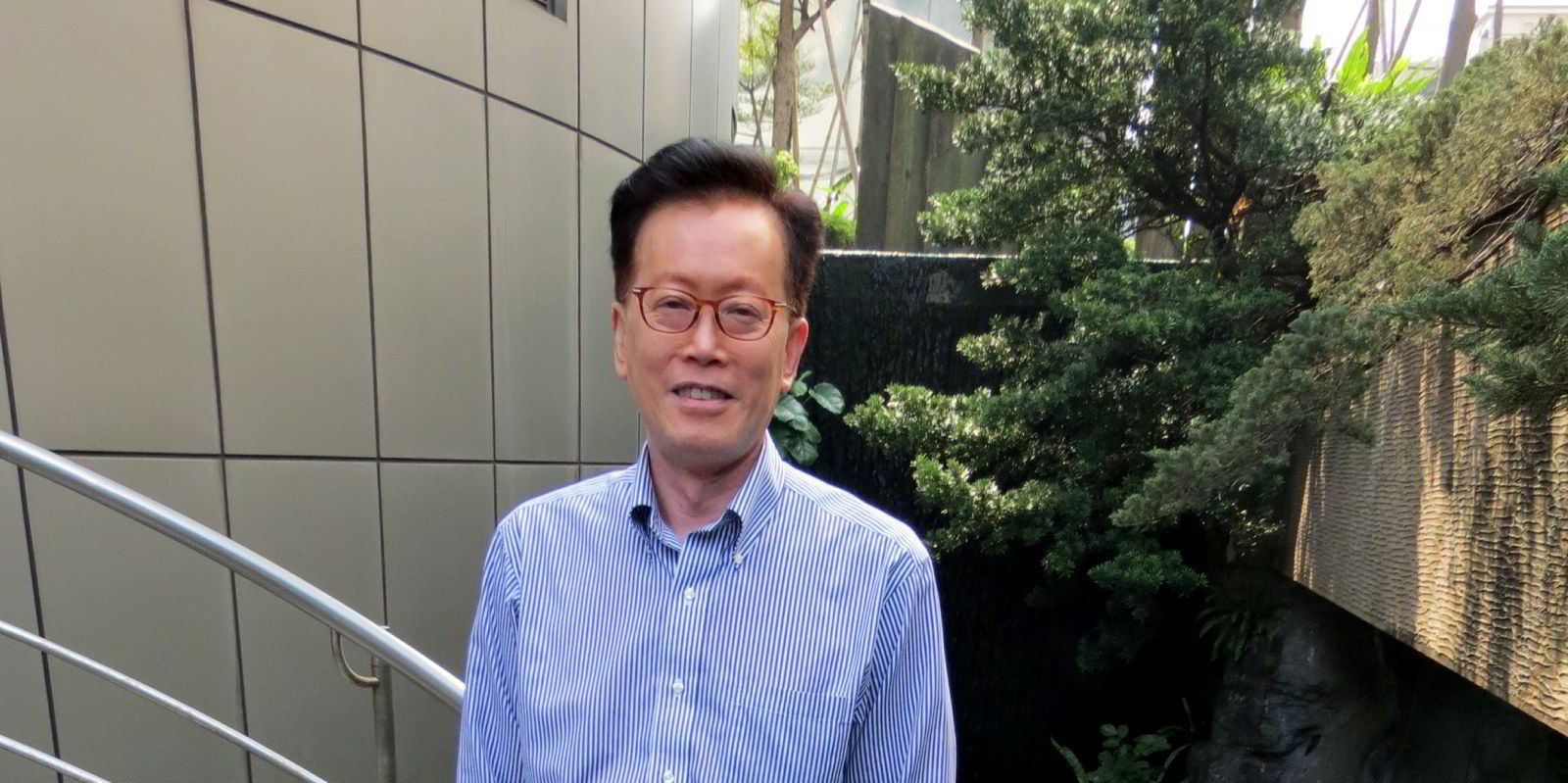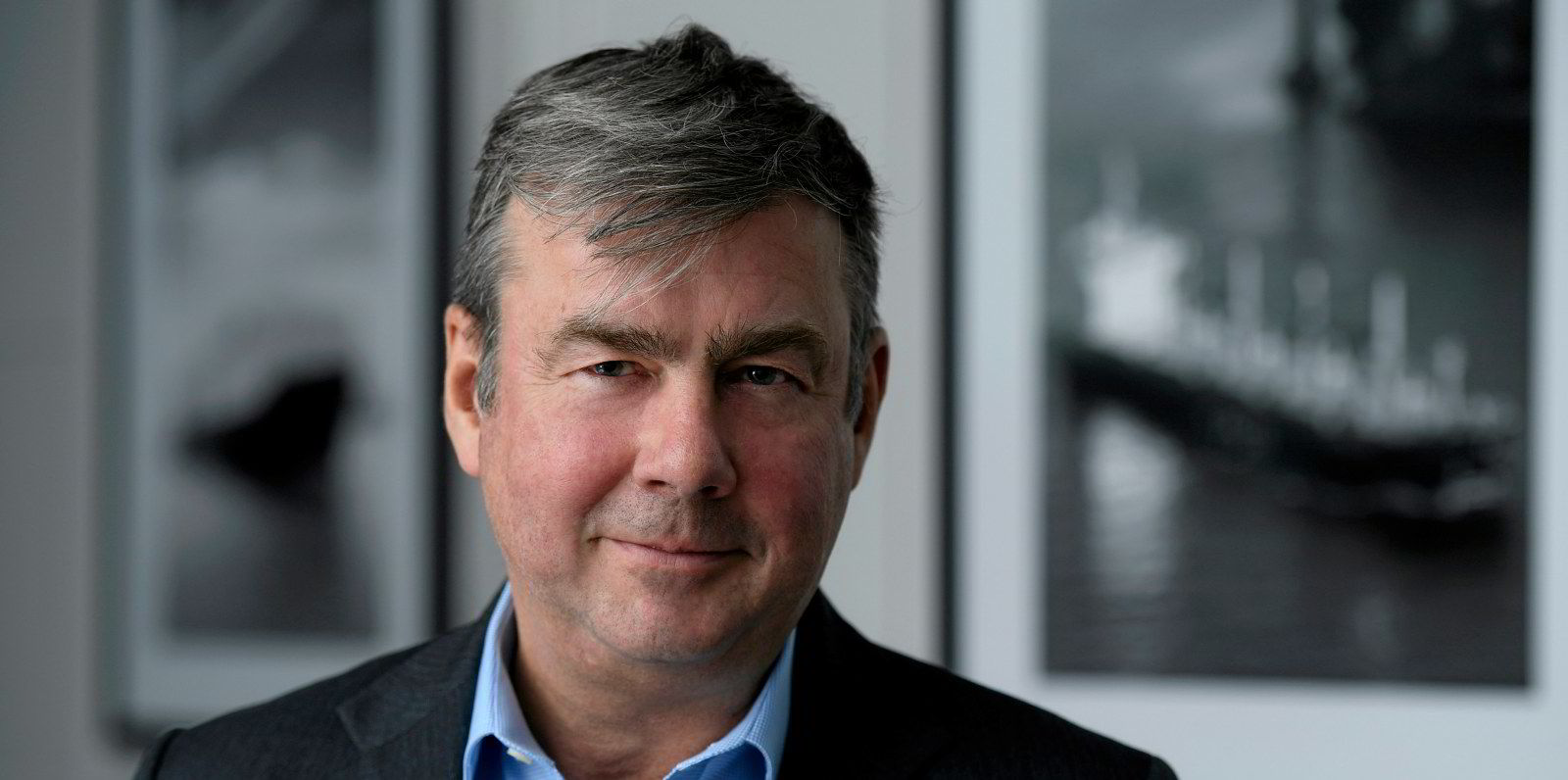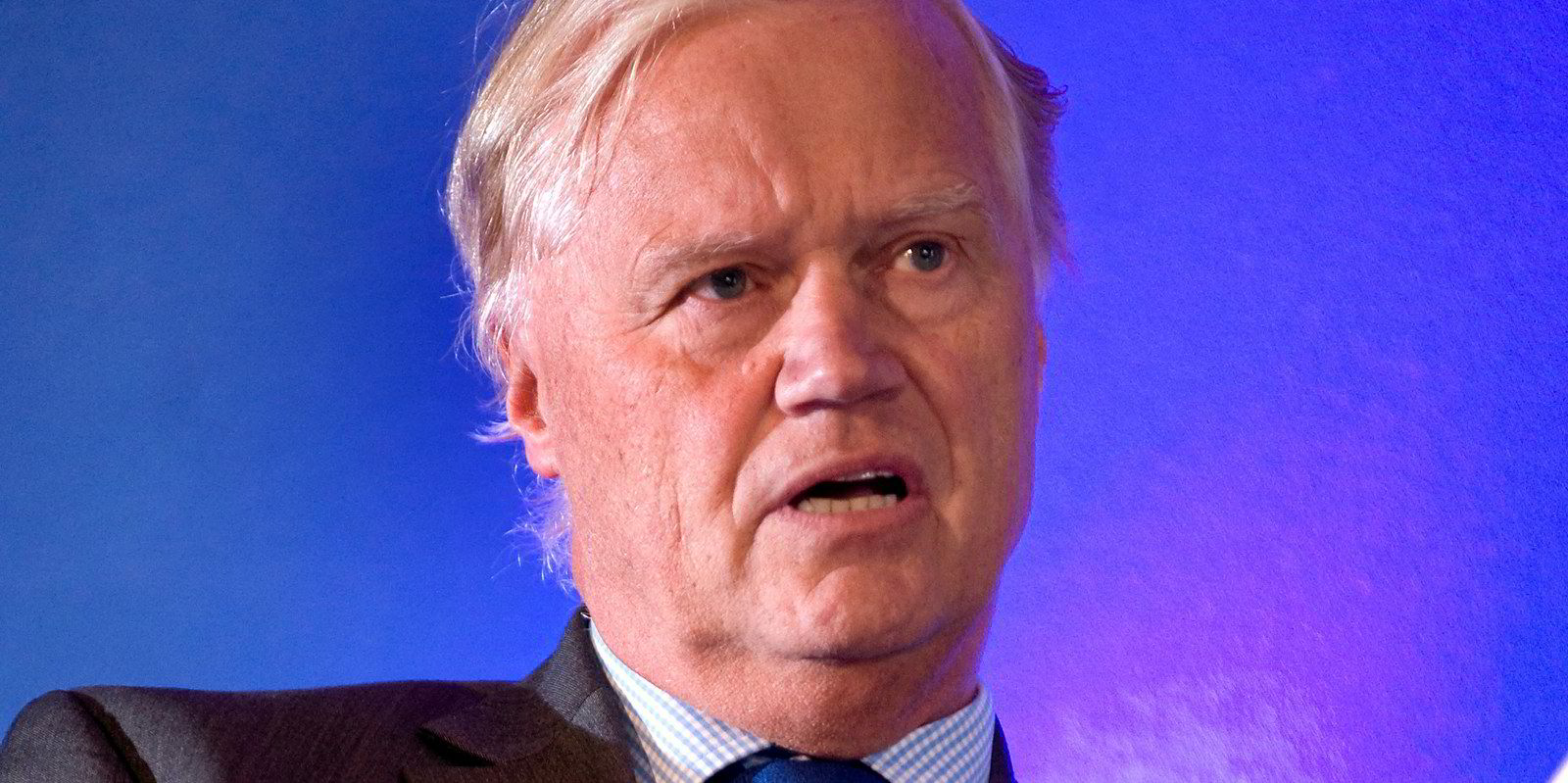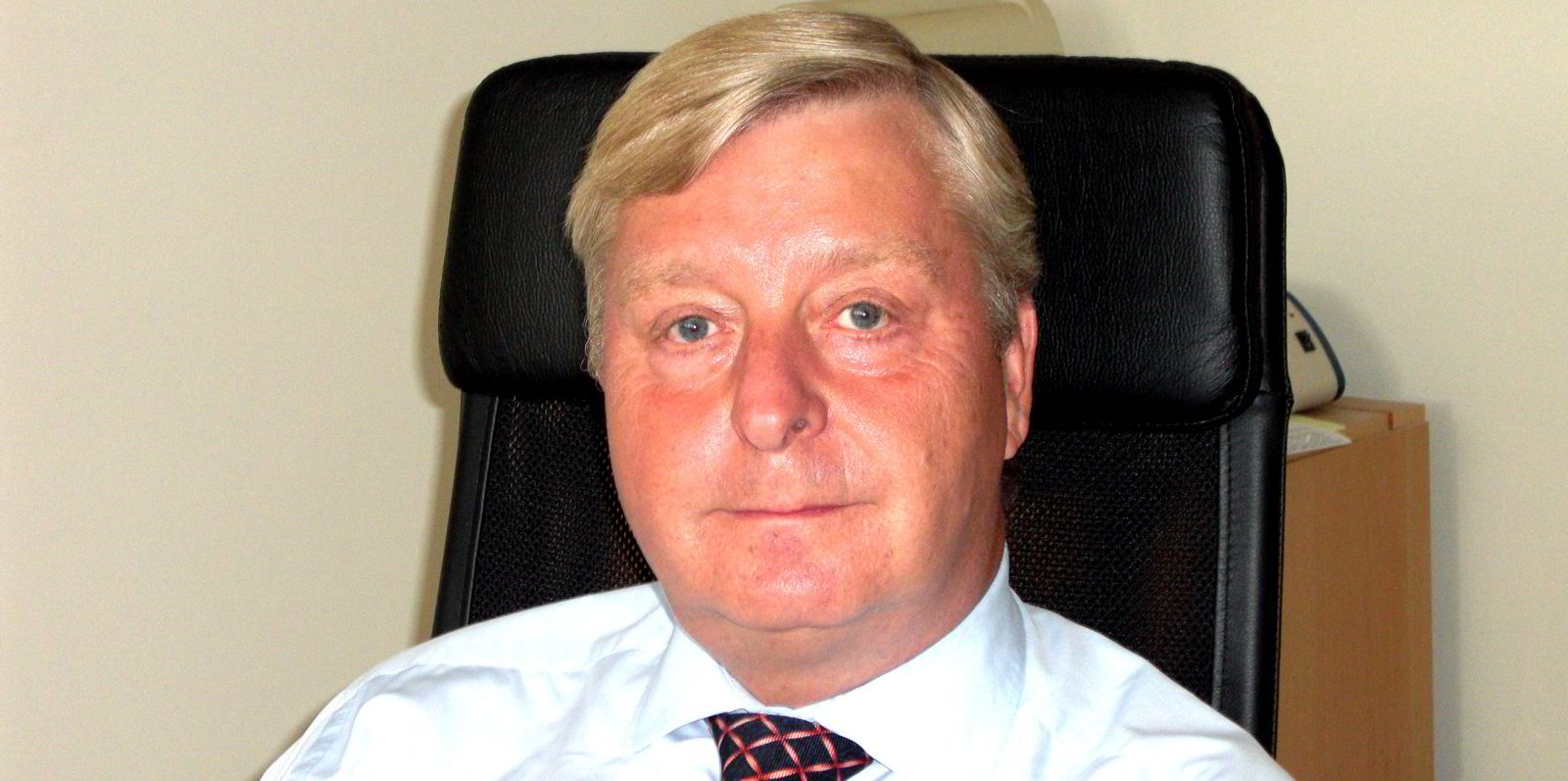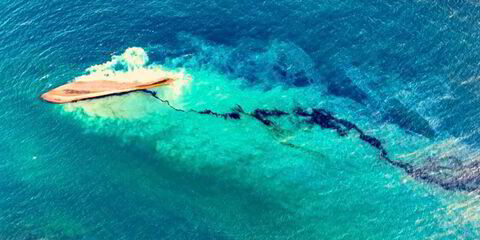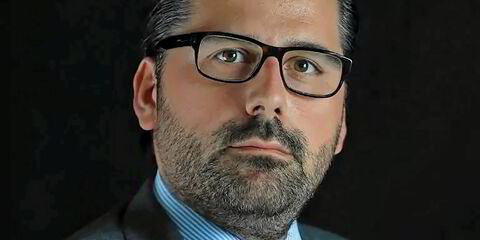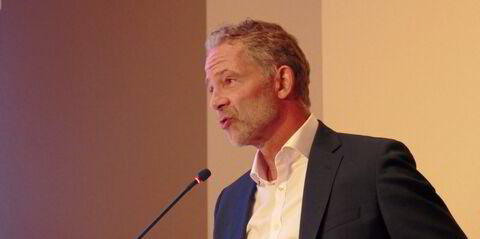The proposed merger of the North P&I Club and Standard Club — which went to a member vote as TradeWinds went to press — is the most significant event to happen in the memory of even the industry’s longest-serving executives.
Very little tends to change in the world of protection and indemnity, where 13 mutual insurers doggedly control over 90% of the marine market through their participation in a joint reinsurance programme run by the International Group of P&I Clubs.
The North P&I and Standard Club merger is the first case of two clubs getting together, without being compelled by financial difficulties, to create a club of a scale that can compete with industry runaway leader Gard.
The move is being touted as likely to trigger a widespread restructuring in the P&I business world.
The rationale for the merger is clear. Two years of record claims have damaged the finances of P&I clubs and demonstrated that — with the exception of Gard — they do not currently have the scale and financial clout to ride out claims volatility in the market.
A merger would also bring significant operational cost advantages and cheaper reinsurance. More scale is also needed to cope with the increasing regulatory financial and compliance demands that are being made on P&I clubs these days. And the increased capital will give them further financial leverage to continue to diversify their business.
Super-clubs?
It follows that the North P&I and Standard Club merger will force others to look at following suit. Broker Gallagher recently suggested that the process of consolidation could begin within the next year.
One scenario is that the International Group will soon be reduced from 13 to eight or even six super-clubs.

That consolidation would help the P&I clubs meet the changing demands of the market, but where does it leave their shipowner members?
Shipowners have been reluctant to give their views. But Eddie Steamship managing director Hsu Chih-chien, a former P&I club board member, wrote to TradeWinds expressing his concerns. He makes important points that P&I executives should lend an ear to.
The merger might make a new competitor for Gard, but overall it will decrease competition for shipowners’ business, he pointed out.
Consolidation resulting in the International Group being run by a small clique of clubs will limit shipowners’ choice in what is virtually already a monopoly business.
“The P&I industry will be concentrated in an ever-smaller circle of clubs that is already a monopoly in the form of the International Group, where the current 13 member clubs control over 90% of protection and indemnity insurance of all the ships in the entire world,” Hsu said.
In addition, the current International Group Agreement is already restrictive by limiting the free movement of shipowners between clubs.
Anti-competition
“The current International Group rules and regulations restricting the free movement of ship entries among member clubs are already restrictive and a form of anti-competition that has been scrutinised by the European Commission. To reduce the number of members within the IG [International Group] by merging existing clubs and concentrating power in an ever-smaller clique is not in the interest of shipowners,” Hsu said.
It would be all well and good if there was freedom for other insures to enter the International Group and increase competition, but that is far from the case.
And there is a massive imbalance in terms of global representation with only two of the International Group’s 13 members — the American Club and Japan P&I Club — located outside Europe.
Asia has been the driving force behind shipping growth over the past three decades, but is hardly represented within the International Group. As Hsu suggests it is time for that to change too.
“If the members of the North of England and the Standard Club approve the merger and the combined North Standard is accepted into the International Group as a single entity, then the International Group should also open its doors to several P&I clubs that have been waiting outside for a long time to join, such as the China P&I club and the Korean P&I club.
“That would provide greater choice for all shipowners and would reflect Asia’s growing interest in the maritime industry,” Hsu said.
